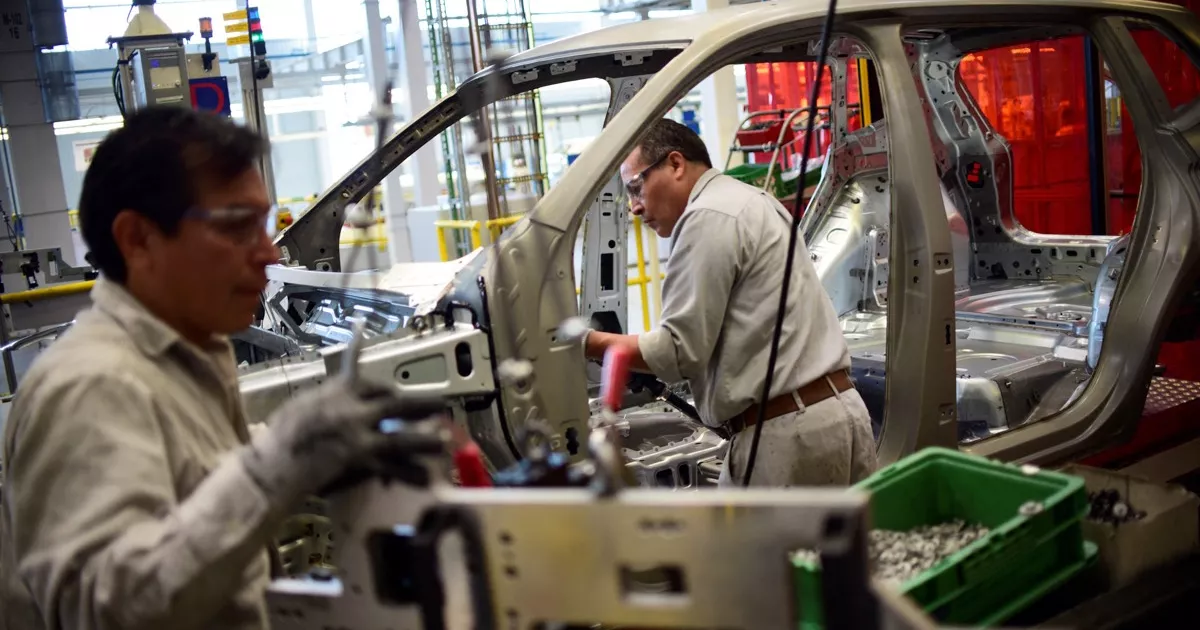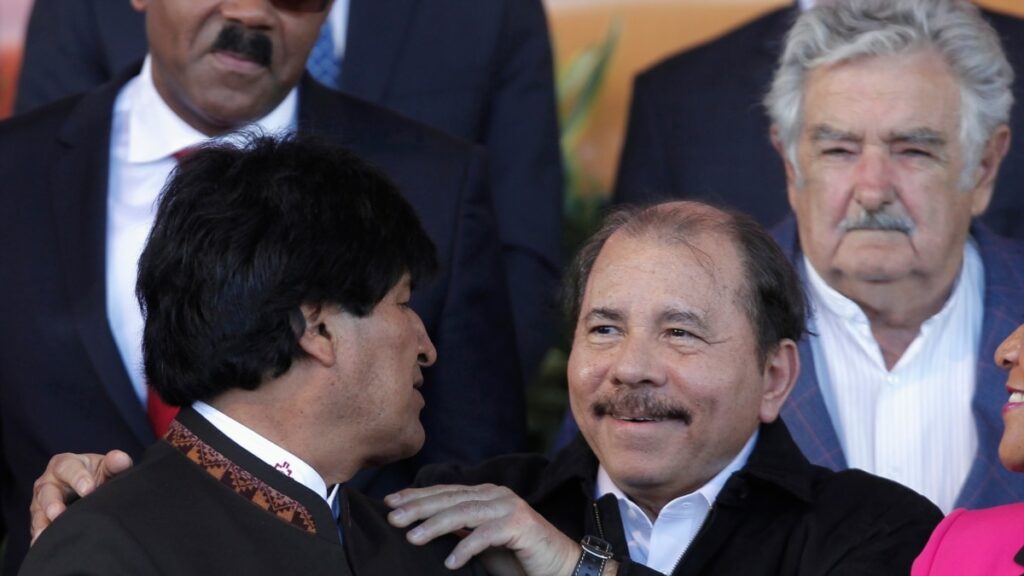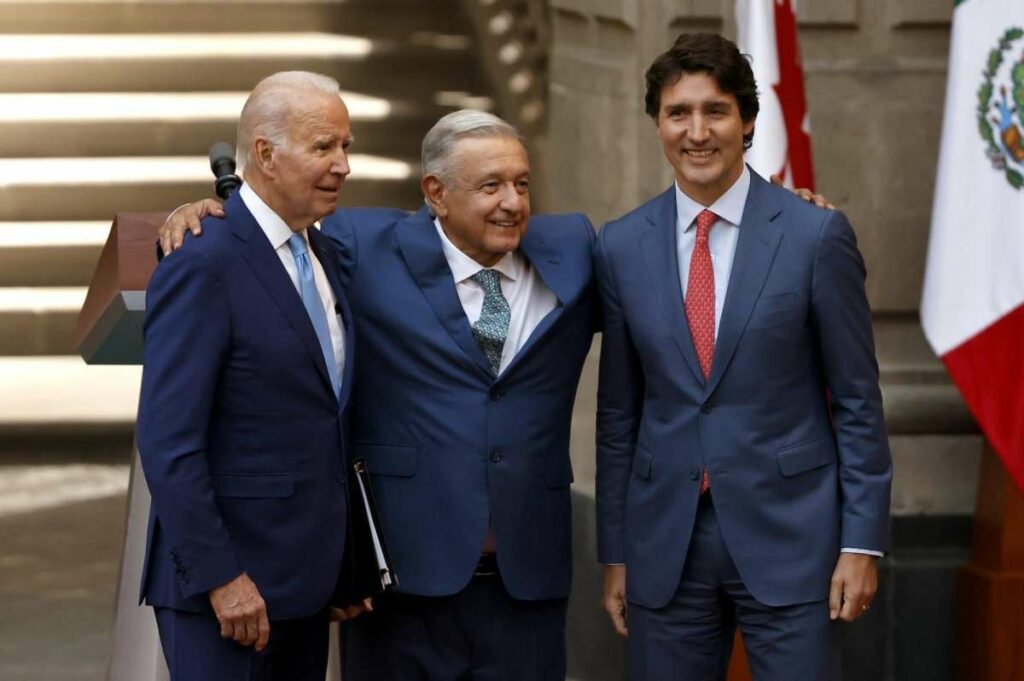A year ago, Canada and Mexico filed a complaint against the United States over how to enforce the automotive content requirements under the US-Canada-Mexico free trade agreement, TMEC, which went into effect in 2020.
The US interpretation of the rules is “inconsistent” with USMCA, the panel said in its ruling.
“The Panel finds that the United States has breached Article 8 by conditioning RTA (alternative transition regime) approvals on a requirement other than those listed in Article 8.2 and Section 19(4) of the Uniform Regulations, requirement that falls outside the scope of what the Treaty intended”, reads the conclusions part of the final report.
“The interpretation and application of the United States are inconsistent with Article 3 of the Automotive Appendix and Article 4.5 of the Treaty,” it concludes.
Canada “is pleased to see that existing dispute settlement mechanisms support our negotiated rights and obligations under the USMCA,” Canadian Trade Minister Mary Ng said in a statement.
The decision comes amid another energy-focused USMCA dispute that has pitted the United States and Canada against Mexico. Ottawa and Washington argue that Mexico’s nationalistic energy policies are putting their companies at a disadvantage.
According to the USMCA, 75% of a vehicle’s components must originate in North America to qualify for a tax break, but the United States disagreed on how to calculate that figure.
Mexico and Canada said that if a “centerpiece,” such as the engine or transmission, has 75% regional content, TMEC allows that figure to be rounded up to 100% when calculating the broader requirement for regional content of all. a car.
The United States said that the contents of “major parts” should not be rounded when determining the contents of the entire car.
Under USMCA, the United States must now agree with Canada and Mexico how to implement the panel’s decision or face possible retaliatory tariffs.
“The decision is good for Canada and Mexico,” said Flavio Volpe, president of the Canadian Auto Parts Manufacturers Association. He added that the resolution is important also because it shows that disagreements can be resolved under the rules of the new trade pact.
“It shows that the dispute resolution vehicle within the TMEC works,” he said.
With information from Reuters















